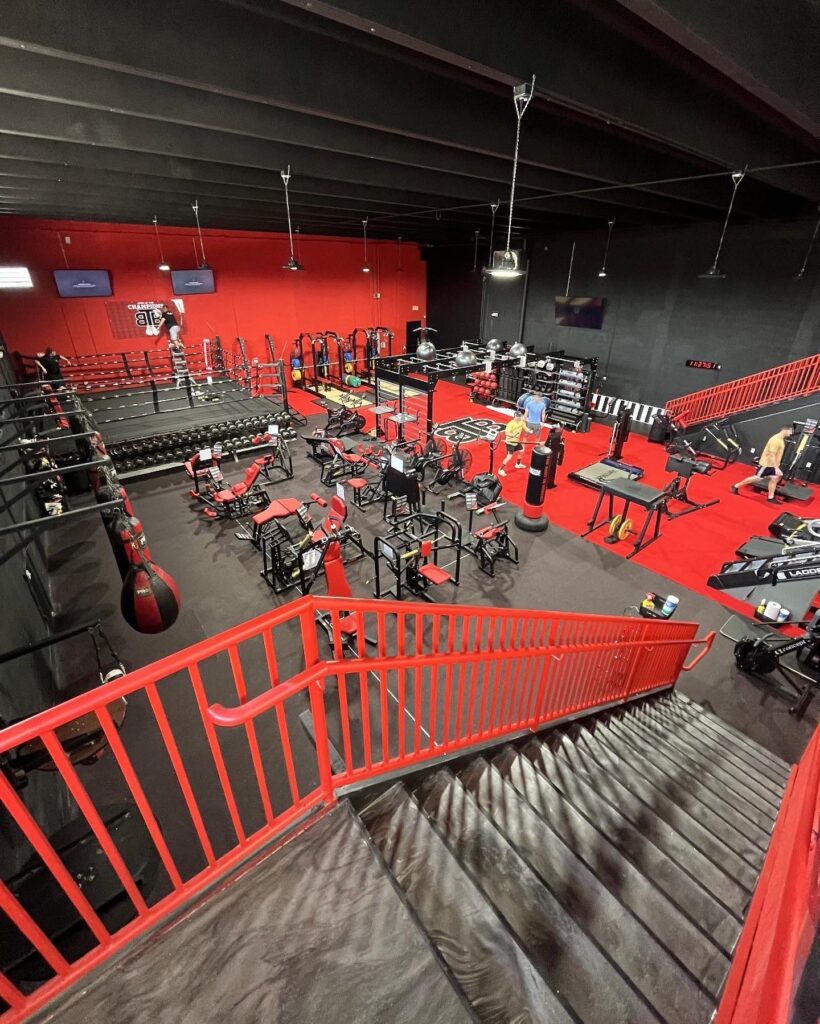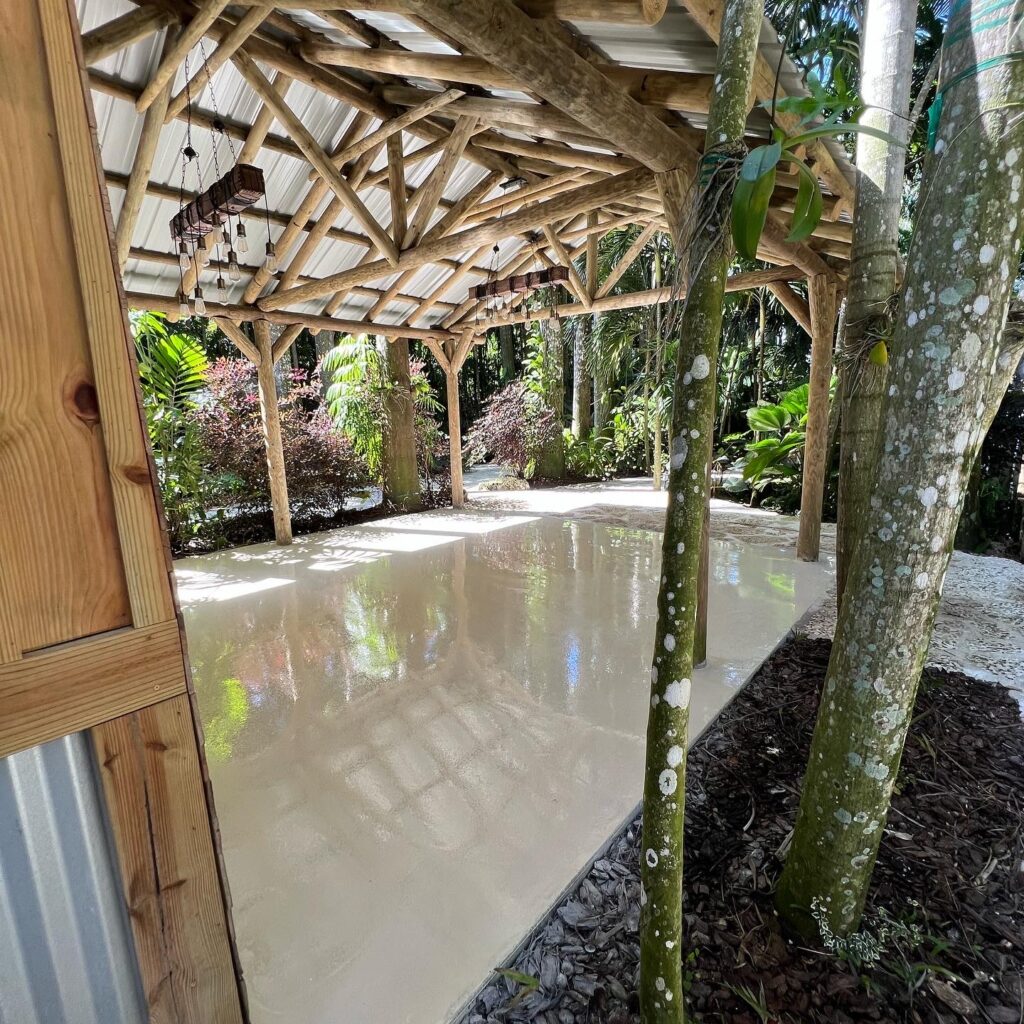The Foundation of Durability
In industrial facilities, the floor bears the brunt of heavy equipment, high traffic, and chemical spills. It’s not just about functionality; your flooring needs to be resilient, safe, and easy to maintain. Enter industrial epoxy flooring, a solution engineered to meet the demands of harsh environments while providing a sleek, professional finish.
From warehouses to food processing plants, industrial epoxy flooring is the unsung hero of operational efficiency. Let’s explore its benefits, applications, and why it’s the top choice for facilities aiming to combine durability with style.
Benefits of Industrial Epoxy Flooring
1. Exceptional Durability
Industrial epoxy floors are built to last. They can withstand heavy machinery, forklift traffic, and abrasive materials without cracking or deteriorating. This durability reduces the need for frequent repairs, saving you time and money in the long run.
2. Chemical Resistance
For facilities that handle chemicals or hazardous substances, epoxy flooring provides a protective barrier that resists spills and corrosion. This feature is essential for laboratories, manufacturing plants, and food processing facilities.
3. Low Maintenance
Epoxy floors are non-porous, meaning dirt, grease, and spills can be cleaned easily with minimal effort. Their seamless surface prevents the buildup of bacteria and grime, making them a hygienic option for industries with strict cleanliness standards.
4. Enhanced Safety
Slip-resistant coatings can be added to industrial epoxy floors, ensuring safety in wet or high-traffic areas. Additionally, epoxy’s reflective finish improves visibility, which is especially beneficial in dimly lit environments like warehouses.
5. Aesthetic Appeal
Beyond functionality, epoxy flooring offers a polished, professional look. Available in a range of colors and finishes, it can be customized to match your facility’s branding or aesthetic preferences.
Comparison Table: Industrial Epoxy Flooring Options
| Facility Type | Benefits | Best Epoxy Option | Price Range | Durability | Maintenance |
| Warehouses | Resistant to heavy traffic, forklift loads, and chemicals | Epoxy Resin Flooring, Industrial Coating | $3–$7 per sq. ft. | Excellent (10–20 years) | Low, easy to clean |
| Manufacturing Plants | High resistance to wear, heavy machinery, and chemicals | Epoxy Industrial Flooring, Resin Flooring | $5–$10 per sq. ft. | Excellent (15+ years) | Moderate, periodic re-coating |
| Garages | Durable, slip-resistant, and easy to clean surfaces | Epoxy Coating, Epoxy Resin Flooring | $3–$7 per sq. ft. | Good to Excellent (10–15 years) | Low to Moderate, usage-based |
| Laboratories | Chemical resistance, easy to maintain sterile surfaces | Epoxy Resin Flooring, Industrial Coating | $4–$8 per sq. ft. | Excellent (10–20 years) | Low, easy to clean |
| Distribution Centers | Withstands heavy equipment and high traffic volumes | Epoxy Industrial Flooring, Coating | $5–$9 per sq. ft. | Excellent (10–15 years) | Low, easy to clean |
| Food Processing Plants | Antibacterial, slip-resistant, and chemical resistant | Industrial Epoxy Flooring, Coating | $6–$10 per sq. ft. | Excellent (15+ years) | Low, frequent cleaning |
Why Industrial Epoxy Flooring Is Ideal for Your Facility
1. Tailored Solutions for Every Industry
Whether you’re managing a warehouse or a laboratory, industrial epoxy flooring can be customized to meet your specific requirements. From anti-slip finishes to antibacterial coatings, epoxy adapts to the needs of diverse environments.
2. Long-Term Cost Efficiency
While the initial investment may be higher than traditional flooring, epoxy’s longevity and low maintenance costs make it a cost-effective solution. You’ll spend less on repairs, replacements, and upkeep over time.
3. Environmental Benefits
Epoxy coatings can be applied over existing concrete, reducing waste and the need for additional materials. Many epoxy options are also low in volatile organic compounds (VOCs), contributing to a healthier environment.
Applications of Industrial Epoxy Flooring
Warehouses
With its ability to withstand forklift traffic and heavy loads, epoxy flooring is a top choice for warehouses. Its durability ensures the floor can handle pallets, machinery, and constant movement without damage.
Manufacturing Plants
Manufacturing facilities benefit from epoxy’s resistance to wear and chemicals. It protects floors from spills, heavy machinery vibrations, and abrasions, ensuring a safe and efficient workspace.
Food Processing Plants
Hygiene is paramount in food processing plants. Epoxy flooring’s seamless, non-porous surface prevents bacteria buildup and meets industry cleanliness standards. Slip-resistant coatings further enhance safety.
Laboratories
Epoxy flooring in laboratories provides a sterile, chemical-resistant environment. Its easy-to-clean surface makes it ideal for spaces that require frequent sanitation.
Garages and Distribution Centers
For garages, epoxy’s slip-resistant properties and sleek finish enhance functionality and aesthetics. In distribution centers, epoxy floors withstand the rigors of high traffic and heavy equipment.
FAQs About Industrial Epoxy Flooring
1. What is the strongest epoxy flooring?
High-grade industrial epoxy flooring with multiple layers and a topcoat is the strongest option. It offers maximum durability, chemical resistance, and longevity.
2. What is the disadvantage of epoxy flooring?
Epoxy flooring can be slippery when wet, though this can be mitigated with anti-slip additives. Additionally, proper surface preparation is essential for successful installation.
3. Is it expensive to epoxy a floor?
The cost of industrial epoxy flooring ranges from $3 to $10 per square foot, depending on the facility type, epoxy option, and customizations. While it may be pricier upfront, its durability and low maintenance make it cost-effective over time.
4. What is industrial epoxy?
Industrial epoxy is a high-performance flooring solution made from resin and hardener. It creates a seamless, durable surface that withstands heavy use and harsh conditions.
5. How long does industrial epoxy last?
With proper installation and maintenance, industrial epoxy floors can last 10–20 years, offering a long-term solution for demanding environments.
The Perfect Flooring for Demanding Environments
Industrial epoxy flooring is more than just a surface—it’s a critical component of a facility’s efficiency, safety, and aesthetics. Its durability, chemical resistance, and customization options make it the ultimate flooring solution for warehouses, laboratories, manufacturing plants, and beyond.
If you’re ready to boost your facility’s performance with a flooring upgrade, industrial epoxy flooring is the answer. Durable, stylish, and built to last, it’s a solid investment in your facility’s future.



